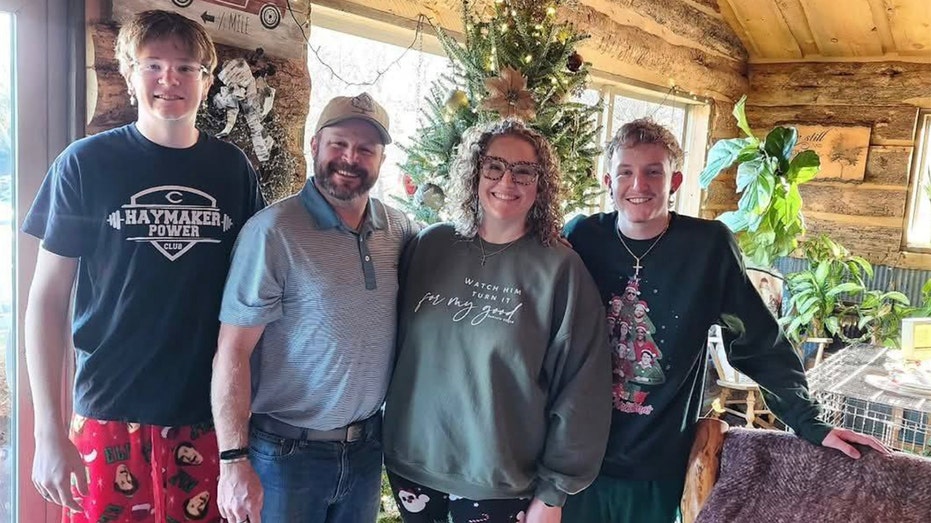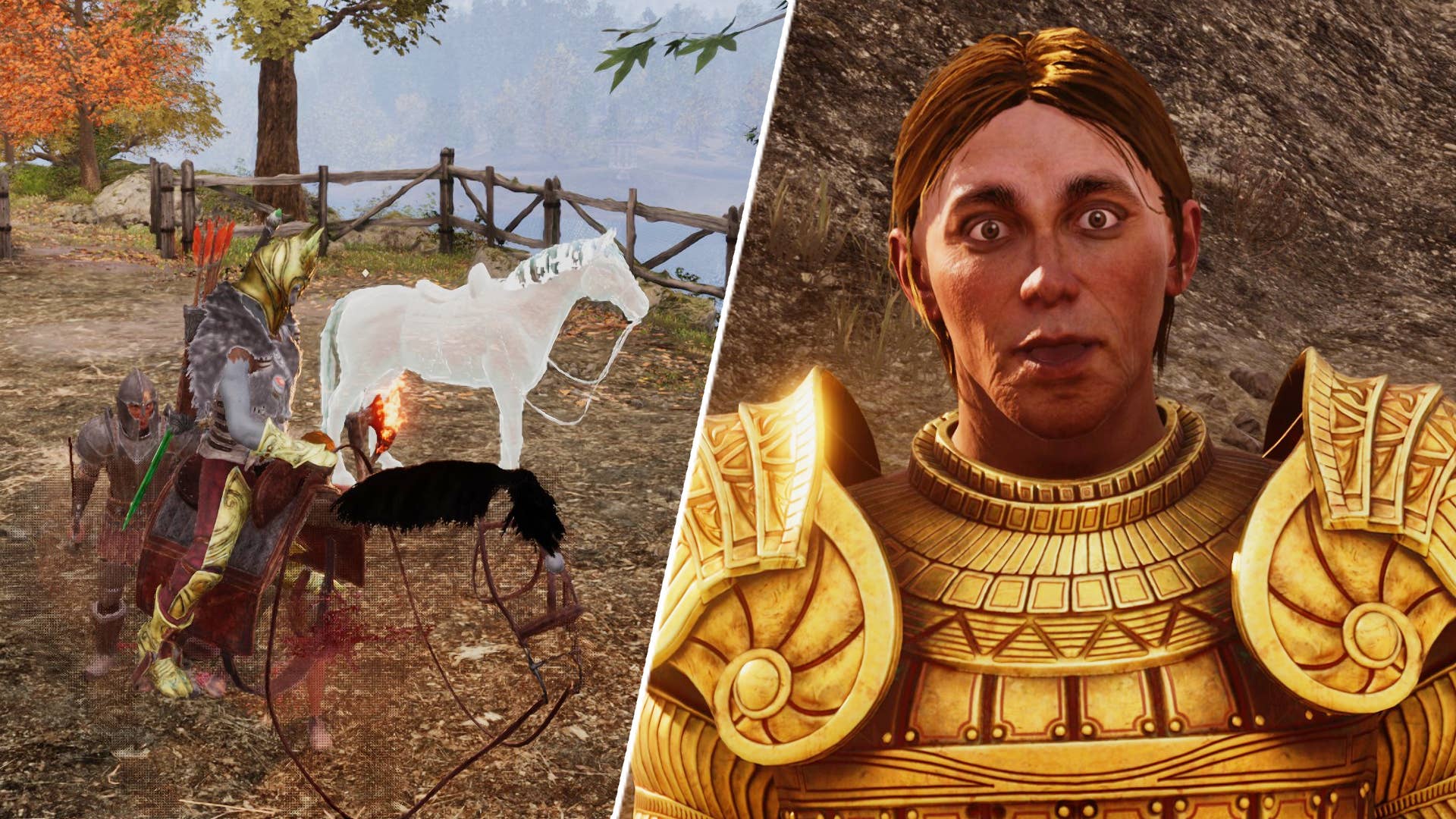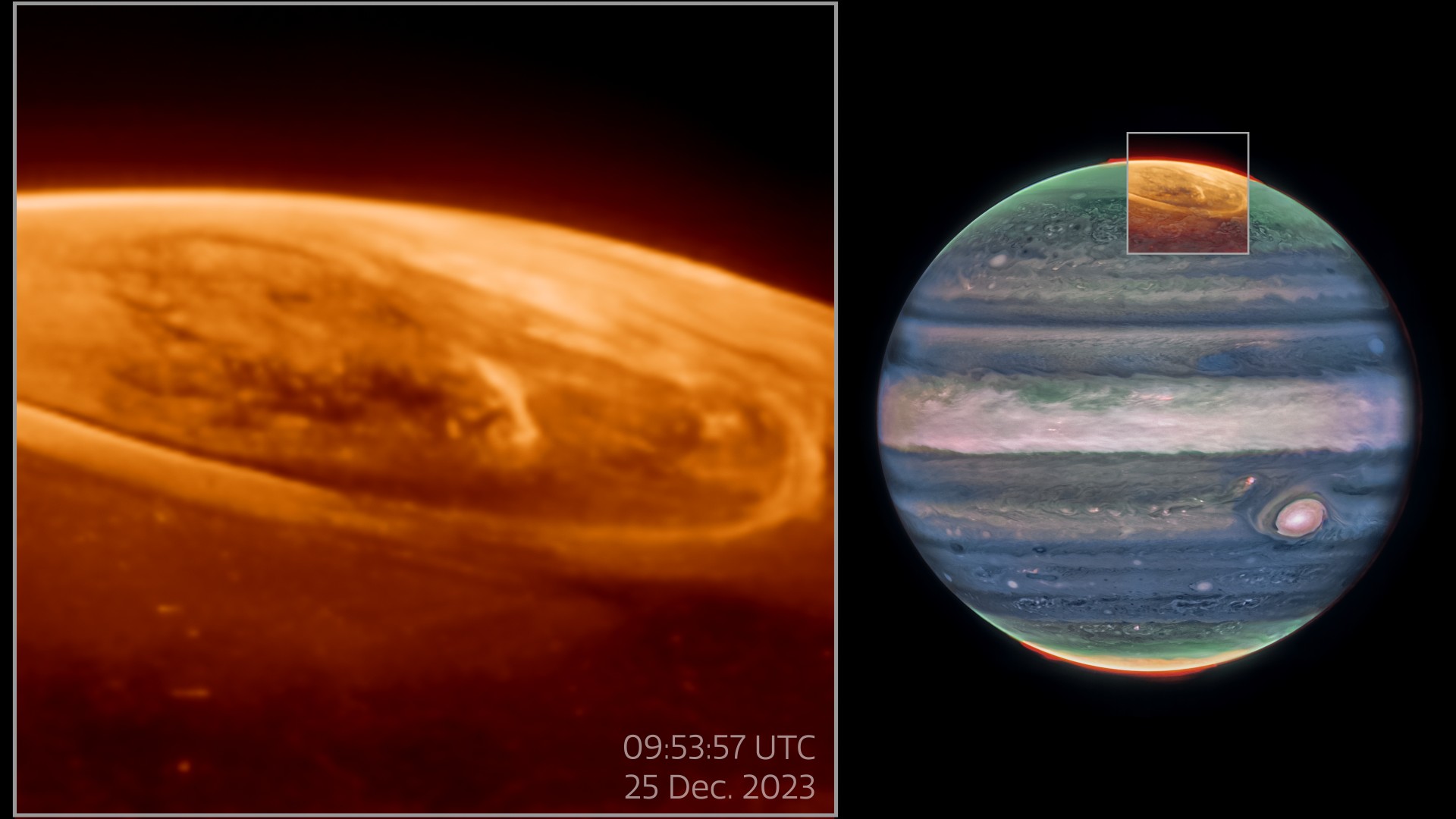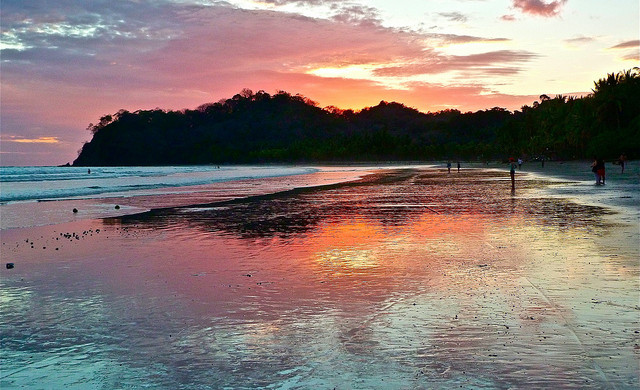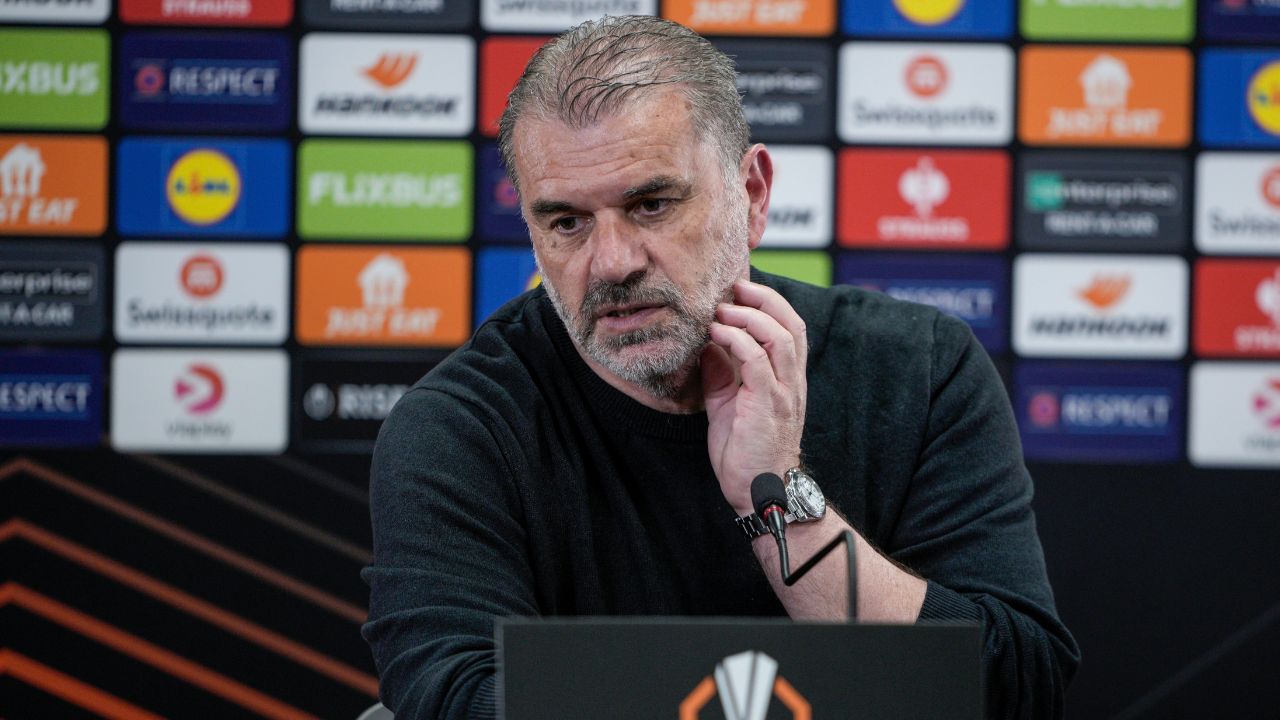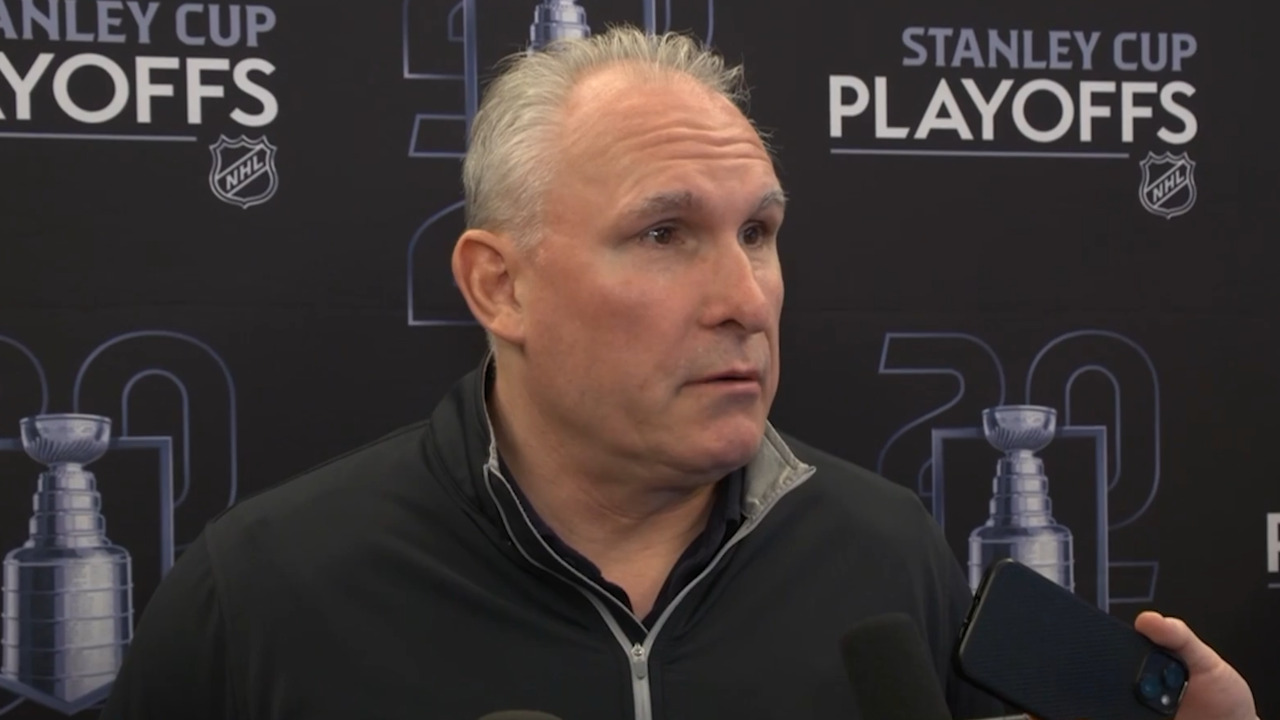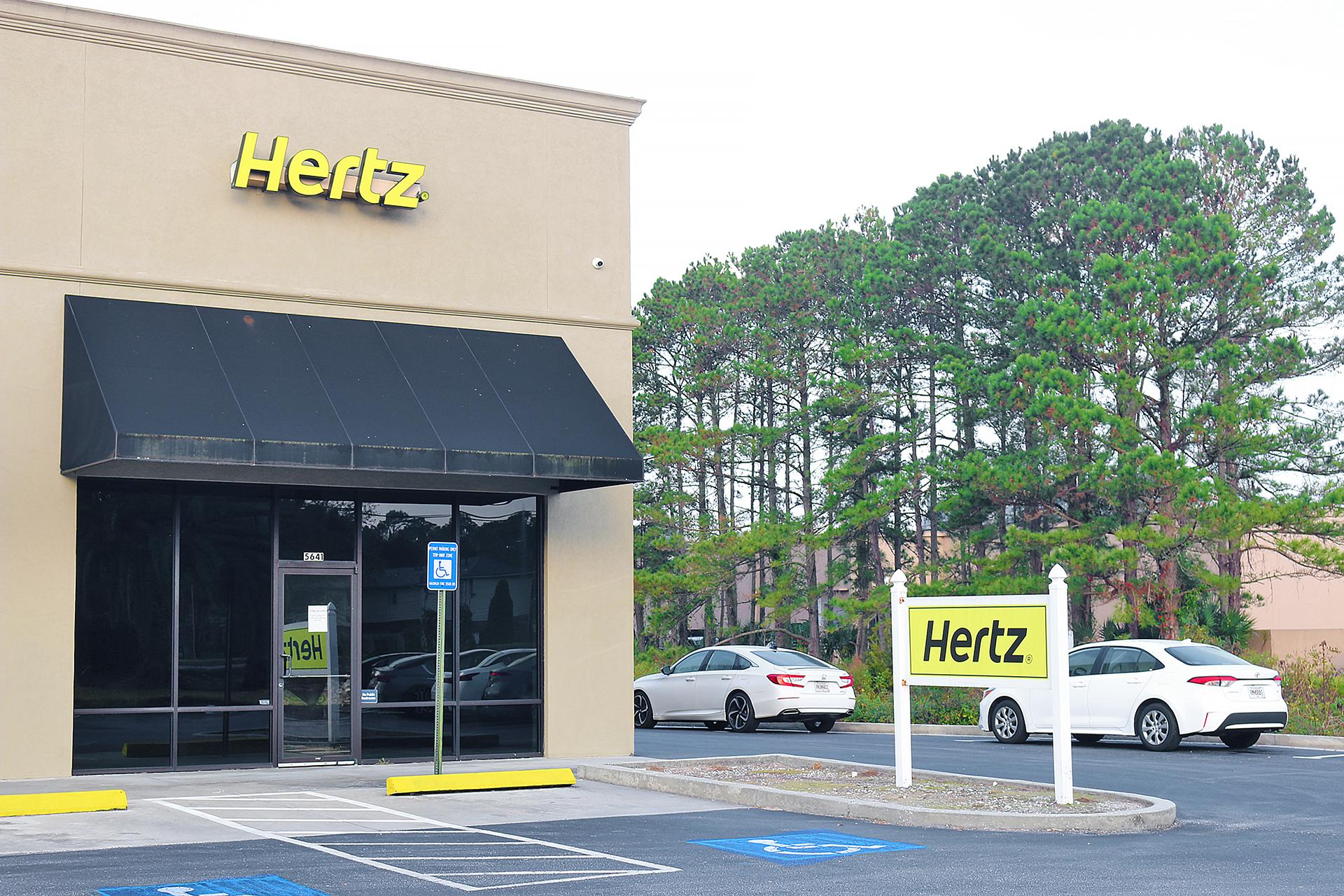And You Thought AERA Couldn’t Get Any More Vacuous?
The world’s largest association of education researchers tackles the vital work of “unforgetting” and “futuring” The post And You Thought AERA Couldn’t Get Any More Vacuous? appeared first on Education Next.


Last year, I worried that a glitchy chatbot had seized control of the American Education Research Association (AERA). Billing itself as the world’s largest organization of education researchers, AERA had issued a presidential call for conference papers that was so full of inhuman gibberish that I couldn’t imagine actual humans were still behind the keyboard.
In some ways, it wasn’t surprising. I mean, this is an organization that has too often traded its scholarly mantle for a political one. And it just recently made a point of hiring, as its new executive director, the head of University of Michigan’s bloated, much-maligned, and now-shuttered DEI behemoth.
Well, they’re at it again. Just the other day, the description of AERA’s 2026 annual conference hit my inbox, and it had me worried for a different reason—that I just couldn’t tell whether the banal, vacuity was the handiwork of a real human or of low-grade AI. When esteemed scholars become hard to distinguish from a busted algorithm, it raises ugly questions about the value of education research.
Anyway, I dusted off my modified Turing Test and got busy interrogating the description of the 2026 conference program in order to gauge whether the prose reads like the product of actual human beings. (This isn’t made up, I fear—the web page features all this text, verbatim.)
Subscribe to Old School with Rick Hess
Get the latest from Rick, delivered straight to your inbox.
Reading back over the conversation, I get the frightening sensation that it doesn’t matter whether this is AI or not. Regardless of who or what wrote this, the ludicrous, unintelligible virtue signaling is equally inhuman. That’s true whether the prose was spit out by a random word generator or labored over by a posturing academic. And, if this really is the president of the association representing America’s educational researchers, at a moment when they’re desperately trying to explain why they deserve vast sums of public support, it’s a searing indictment of the field.
Frederick Hess is an executive editor of Education Next and the author of the blog “Old School with Rick Hess.”
The post And You Thought AERA Couldn’t Get Any More Vacuous? appeared first on Education Next.

